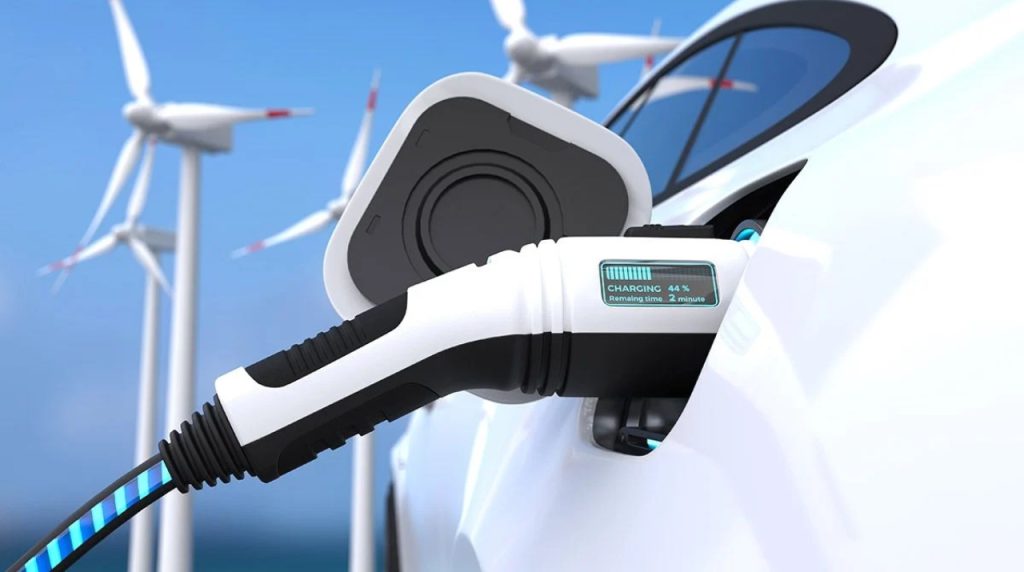
Chile Forecasts Significant Growth in Electric Vehicle Adoption by 2030

The International Energy Agency (IEA) projects that by 2030, between 10% and 50% of global new car sales will be electric models.
These data would put Chile in a scenario in which, out of every 100 people, between two and ten would have an electric car in the next six years.
Projections in the country depend on factors such as charging infrastructure, the cost of these vehicles and tax incentive policies.

You may also read: Chile’s National Strategy for Sustainable Mobility: A Step Toward a Green Future
In Europe, 30% of new cars sold in 2030 are expected to be electric, while in North America, this figure would reach 20%, according to Moody’s Local.
Market Analysis
Manuel Parraguez, General Manager of Gama Mobility, told local media 24 horas that major automakers are increasing their investment in electric vehicles.
“Tesla, for example, plans to increase its production capacity by 50% by 2025,” Parraguez indicated. In addition, he noted that the development of new materials such as lithium-ferrophosphate and graphene has improved the energy density of batteries, allowing greater autonomy and shorter charging times.

Parraguez explained that government policies have been key in driving the adoption of electric vehicles, through subsidies and tax credits that reduce the initial cost of these cars.
“Stricter regulations on greenhouse gas emissions are also incentivizing the use of electric cars,” he added.
Latam Mobility in the Region
After a successful 2024 tour, Latam Mobility consolidates itself as the most important sustainable mobility community in Latin America, by generating synergy among the actors involved to massify decarbonization.

In 2025, the Invest In Latam network will continue its impact in the region with confirmed meetings in Colombia, Brazil, Chile, and Mexico.
Learn more about our events and join as an agent of change here.





